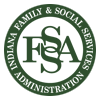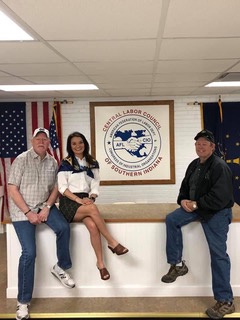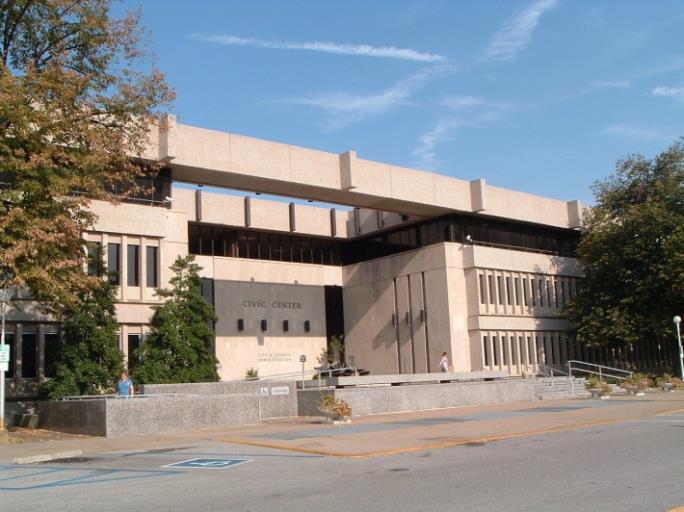Indiana’s Office of Early Childhood and Out-of-School Learning is now accepting applications from families statewide who may be eligible for grants for their children to receive free, high-quality, pre-kindergarten education through the On My Way Pre-K program for the 2021-2022 school year. Information about the program and the link to apply can be found at OnMyWayPreK.org.
For the 2021-2022 school year, a child is eligible for an On My Way Pre-K voucher if they will be 4 years old by Aug. 1, 2021, and plan to start kindergarten in the 2022-2023 school year. An eligible child must live in a household with income below 127% of the federal poverty level and have parents or guardians who are working, going to school, attending job training or searching for employment.
A limited number of vouchers will be available for children who will be 4 years old by Aug. 1, 2021, live in a household with income up to 185% of the federal poverty level, and have:
- A parent/guardian who is working, attending job training or an educational program, looking for employment OR
- A parent/guardian who receives Social Security Disability Insurance or Supplemental Security Income benefits
For the second year, an easy-to-use, online application called “Early Ed Connect†will serve as the application for both On My Way Pre-K and child care assistance provided in Indiana via the federal Child Care Development Fund or “CCDF.†Early Ed Connect offers the benefits of easier attachment of documents and notification of successful submission. A Spanish version is also available as well as support for any technical issues.
On My Way Pre-K awards grants to 4-year-old children from low-income families so that they may have access to a high-quality pre-K program the year before they begin kindergarten. Families who receive a grant may use the grant at any approved On My Way Pre-K program throughout the state.
Once the family has met eligibility requirements and has been awarded a grant for their child, they may choose from any of the approved On My Way Pre-K programs. Families can search approved providers at www.ChildCareFinder.IN.gov.
Approved pre-K programs may be located in a public or private school, licensed child care center, licensed home or registered ministry as long as that program meets the quality requirements and is registered as an On My Way Pre-K Provider. Families may choose from a program that is full-day or part-day, as well as from programs that end with the school year or continue through the summer. Families who need help finding an approved pre-K program can also call 800-299-1627 for assistance from an early learning referral specialist.
Nearly 14,000 Hoosier children have attended pre-K through a grant from the On My Way Pre-K program since it began in 2015. The program, which started as a five-county pilot and then expanded to 20 counties in 2017, became a statewide program in 2019. OECOSL continues to partner with Purdue University on a longitudinal study of children who have participated in the program in an attempt to measure their success. OECOSL also updates the Indiana General Assembly every year on the program. The most recent report can be found here.
The Office of Early Childhood and Out-of-School Learning is a division of the Indiana Family and Social Services Administration.
Families may call 800-299-1627 for assistance from an early learning referral specialist or for other questions about On My Way Pre-K.












